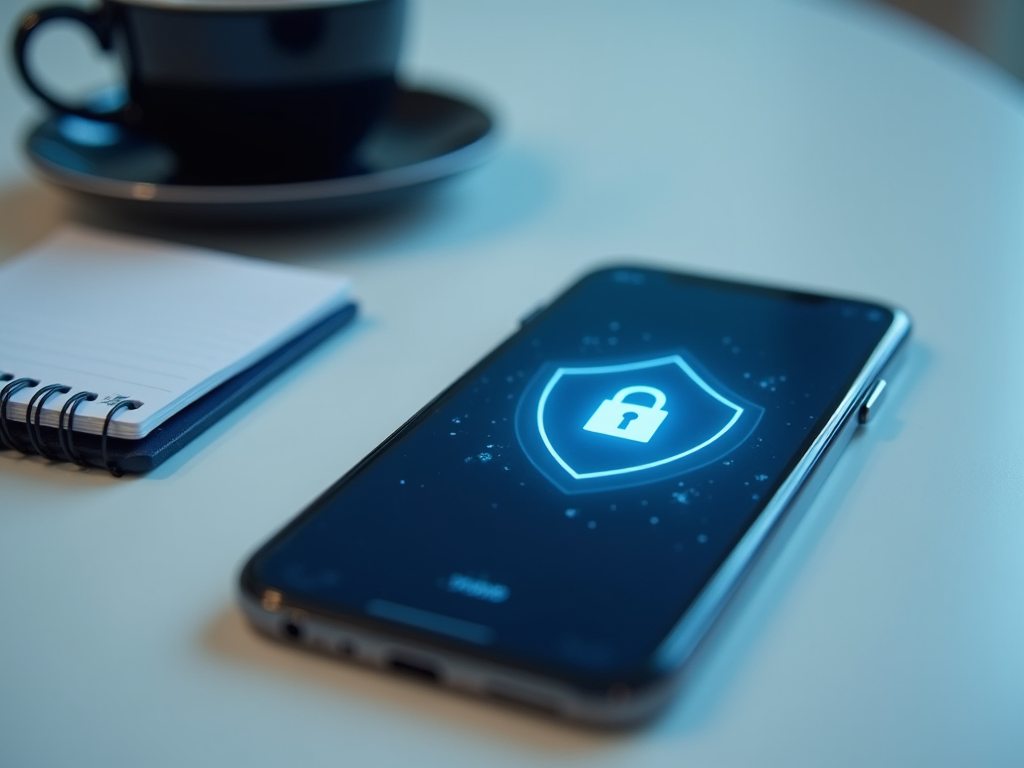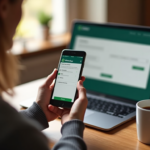In an increasingly interconnected world, safeguarding your privacy online has become more critical than ever before. With the rise of smart devices, internet-enabled electronics, and a plethora of online services, your personal information can easily become a commodity. Whether you are streaming the latest series, purchasing household gadgets, or simply browsing for recipes, your data could be exposed to unwanted eyes. The reality is that most users are unaware of how much information they are sharing with companies and other users alike. Protecting your online presence requires a proactive approach and a toolkit of strategies tailored to different aspects of your digital life. Let’s dive into understanding online privacy and how you can effectively protect it.
Understanding Online Privacy

Online privacy encompasses various elements of life, including what information is collected about you, who has access to it, and how it is used. When you log onto the internet, every click, search, and interaction can potentially unveil a layer of your personal identity. Your browsing habits and preferences may be tracked by various entities, from corporations to hackers, all in search of valuable data. Knowing how this information is gathered and utilized is essential for safeguarding yourself from breaches or cyber-attacks. Moreover, understanding privacy laws and regulations in your region, like the GDPR in Europe, can empower you to demand better data protection from organizations. The first step in maintaining your online privacy is awareness.
Why Online Privacy Matters

Online privacy holds significant importance for myriad reasons, and being cognizant of these can help motivate you to take action. Below are some key reasons why you should be concerned about your online privacy:
- Identity Theft: Your personal information can be exploited by criminals for financial gain, leading to disastrous consequences.
- Surveillance: Surveillance by governments or corporations can lead to a loss of freedom and privacy.
- Data Commercialization: Many companies profit by selling your data without your consent, which can be alarming.
Tips for Protecting Your Online Privacy
Adopting effective strategies to protect your online presence requires careful action. Here are some essential tips for maintaining your online privacy:
Use Strong Passwords
Creating unique and complex passwords is a vital defense against unauthorized access. A strong password typically includes a combination of uppercase letters, lowercase letters, numbers, and special symbols. For even better security, consider a password manager that can generate and store unique passwords for all your accounts.
Enable Two-Factor Authentication
Two-factor authentication (2FA) bolsters your security by requiring another verification step beyond just your password. For example, you might receive a text code after entering your password. This significantly decreases the likelihood of unauthorized access.
Secure Your Wi-Fi Network
One often overlooked aspect is the security of your home Wi-Fi. Ensure that your network is password-protected and uses encryption methods like WPA3, if possible. Regularly changing your password can offer an added layer of security. Additionally, it’s wise to hide your network name (SSID) to prevent unauthorized access.
Be Cautious with Public Wi-Fi
If you often use public Wi-Fi in cafes or airports, your information could be vulnerable to cyber threats. Using a Virtual Private Network (VPN) is an excellent way to secure your connection and protect your data from prying eyes.
| Privacy Best Practices | Description |
|---|---|
| Strong Passwords | Use a combination of letters, numbers, and symbols. |
| Two-Factor Authentication | Requires a second identification step for account access. |
| VPN Usage | Encrypts your internet connection for secure browsing. |
| Review Privacy Settings | Adjust settings on social media for better control over your data. |
Regularly Update Software and Devices
Keeping your operating system, software, and apps updated ensures that you receive important security patches. Cybercriminals often exploit outdated software, so staying current can mitigate risks significantly.
Review Privacy Settings on Social Media
Social media platforms often have default settings that may expose your information to a wider audience. Taking time to go through and fine-tune these settings can give you better control over your personal data. Limit who can see your posts and the type of information you share. It’s essential to consider who has access to your details, as limiting exposure reduces the risk of data misuse.
Limit Sharing Personal Information
Think twice before sharing personal details online, whether on social media or online forms. Reducing the amount of information you share diminishes your digital footprint and vulnerability. Consider removing old accounts and unused apps as an extra precaution. The information of the past could potentially come back to haunt you, thus making this practice crucial.
The Role of Browsers and VPNs
Choosing a secure web browser is crucial for preserving your online privacy. Some browsers come equipped with advanced security features that limit tracking and enhance privacy. Researching and using privacy-focused browsers can provide you with more control over your data.
Additionally, employing VPNs masks your IP address and encrypts your internet connection. By doing so, it becomes significantly more challenging for advertisers and hackers to monitor your online activity. This double layer of defense not only enhances privacy but also enables more secure browsing.
Conclusion
In an age marked by frequent data breaches and increasing online surveillance, protecting your privacy is not just advisable—it’s essential. By implementing a range of best practices such as using strong passwords, enabling two-factor authentication, and being prudent about information sharing, you can significantly enhance your online security. As the digital landscape continues to evolve, staying informed and proactive about your online presence remains critical. Ultimately, the responsibility of safeguarding your personal information lies with you. Equip yourself with knowledge and tools to navigate the complexities of online privacy effectively.
Frequently Asked Questions
- What is online privacy? Online privacy refers to the ability of individuals to control who has access to their personal information and how it is used online.
- How can I check if my data has been compromised? You can use services like Have I Been Pwned to see if your email or personal information has appeared in data breaches.
- What is a VPN and how does it help my privacy? A VPN (Virtual Private Network) encrypts your internet connection and masks your IP address, making it more difficult for third parties to track your online activities.
- Are free VPNs safe to use? While some free VPNs are safe, many may log your data or have security vulnerabilities. It’s often safer to opt for a reputable paid VPN service.
- How often should I change my passwords? It’s recommended to change your passwords regularly, ideally every three to six months, especially if you suspect any kind of breach.

